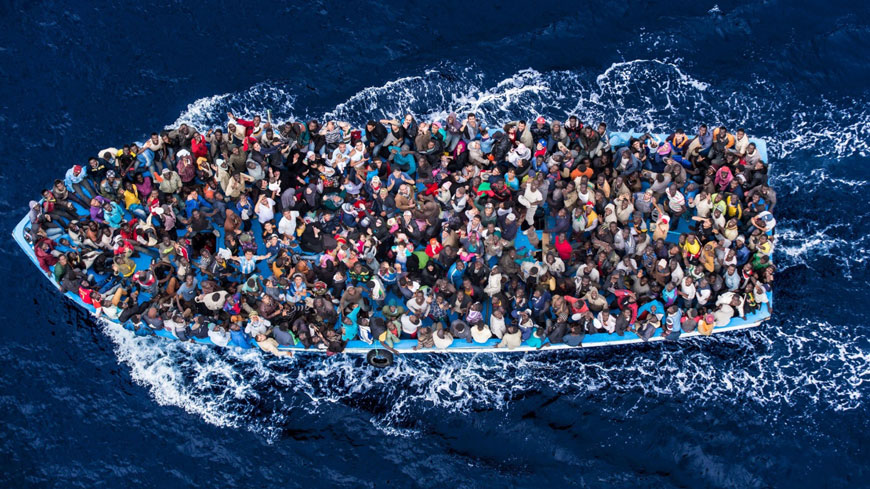ASYLUM SEEKER AND THEIR RIGHTS UNDER THE INTERNATIONAL LAW OF SEA
Author – VEDANT RATHA, Student at KIIT SCHOOL OF LAW, BHUBANESWAR
Best Citation – VEDANT RATHA, ASYLUM SEEKER AND THEIR RIGHTS UNDER THE INTERNATIONAL LAW OF SEA, Voice of Freedom and Rights, 1 (1) of 2023, Pg. 47-51, ISBN – 978-81-961120-1-1.
ABSTRACT
This research article focuses on the legal rights of asylum seekers under the international law of the sea. Asylum seekers are individuals who have fled their country of origin due to a well-founded fear of persecution based on their race, religion, nationality, political opinion, or membership in a particular social group. These individuals are entitled to legal protection under international law, which prohibits their return to a country where they may face persecution or torture. The international law of the sea, as governed by the United Nations Convention on the Law of the Sea (UNCLOS), plays a crucial role in ensuring the protection of asylum seekers who arrive by sea.
UNCLOS establishes the obligations of states and ships to render assistance to persons in distress at sea, regardless of their nationality or status. This includes providing medical care, food, and water, as well as informing the authorities of the nearest port where the asylum seeker can disembark safely. Additionally, the principle of non-refoulement, which is enshrined in the 1951 Convention relating to the Status of Refugees and its 1967 Protocol, prohibits states from returning refugees or asylum seekers to a country where they may face persecution or torture.
This article emphasizes the importance of respecting and upholding the legal rights of asylum seekers who arrive by sea. It argues that adherence to these legal obligations is crucial to ensuring the safety and protection of asylum seekers, who are among the world’s most vulnerable populations. The article concludes that further efforts are necessary to promote and protect the rights of asylum seekers under international law, particularly in light of the increasing number of asylum seekers arriving by sea in recent years.
KEYWORDS: Asylum seekers, International Law of the Sea, United Nations Convention on the Law of the Sea (UNCLOS), legal protection, persecution, torture, non-refoulement
